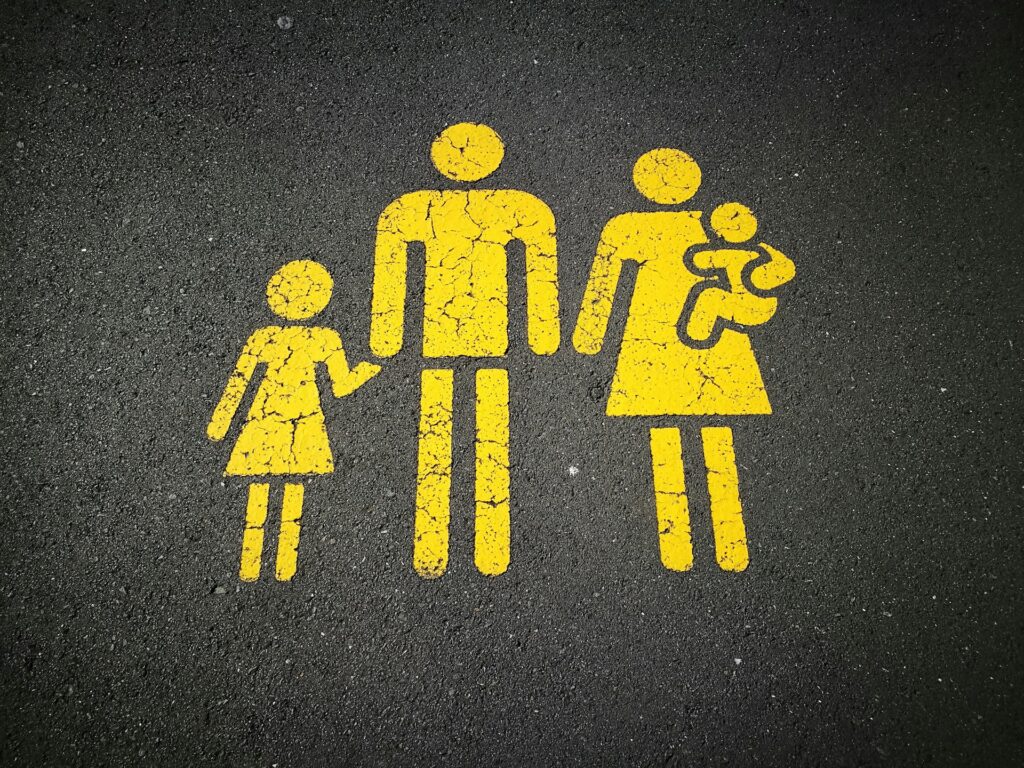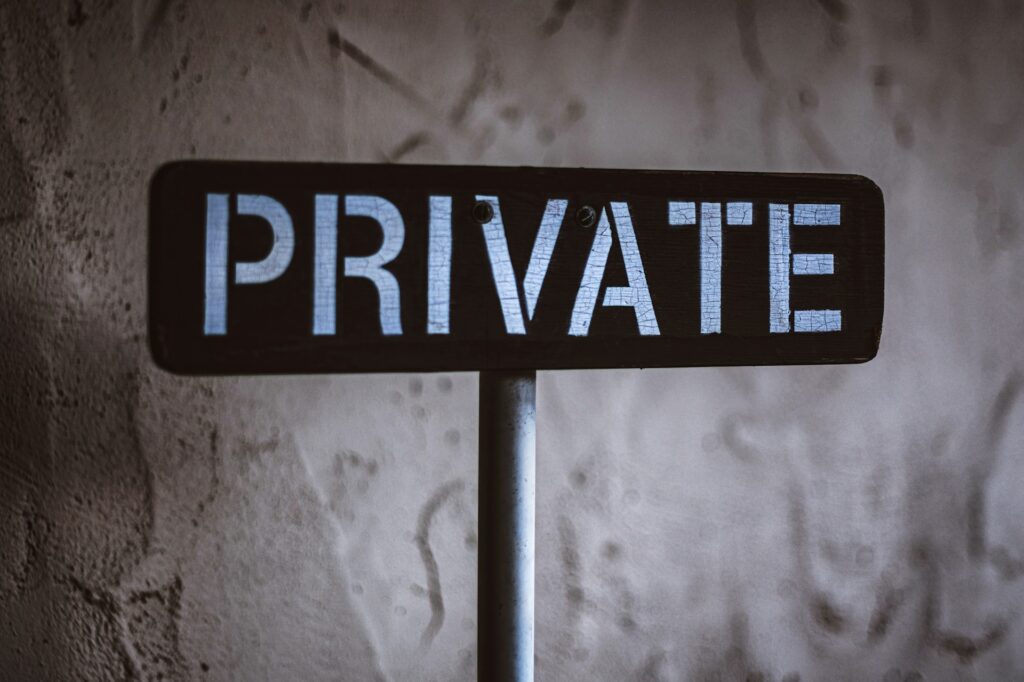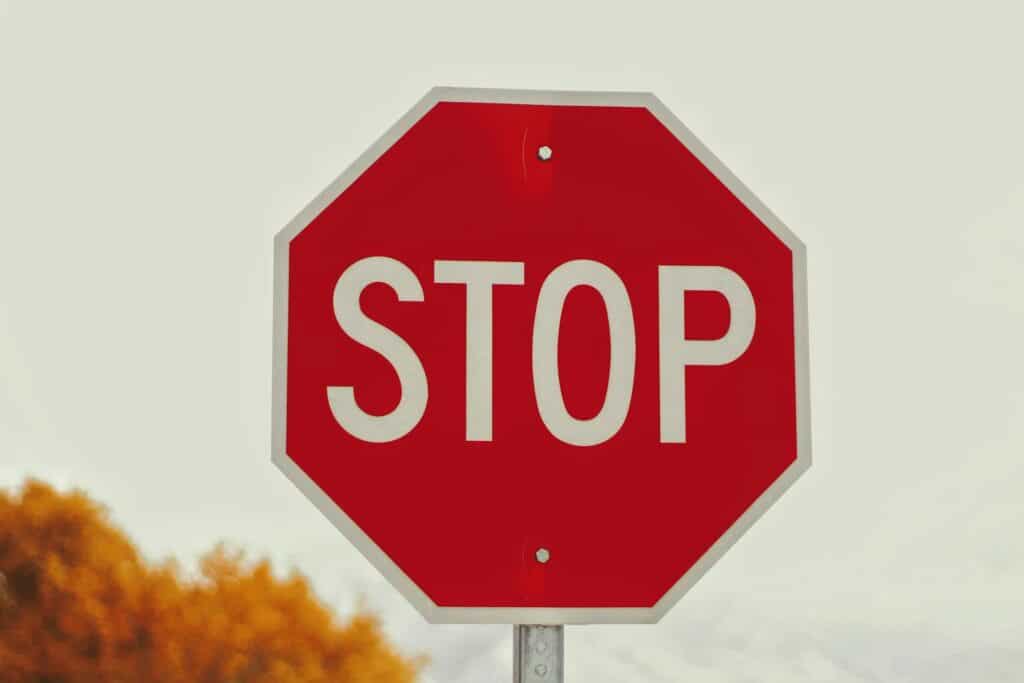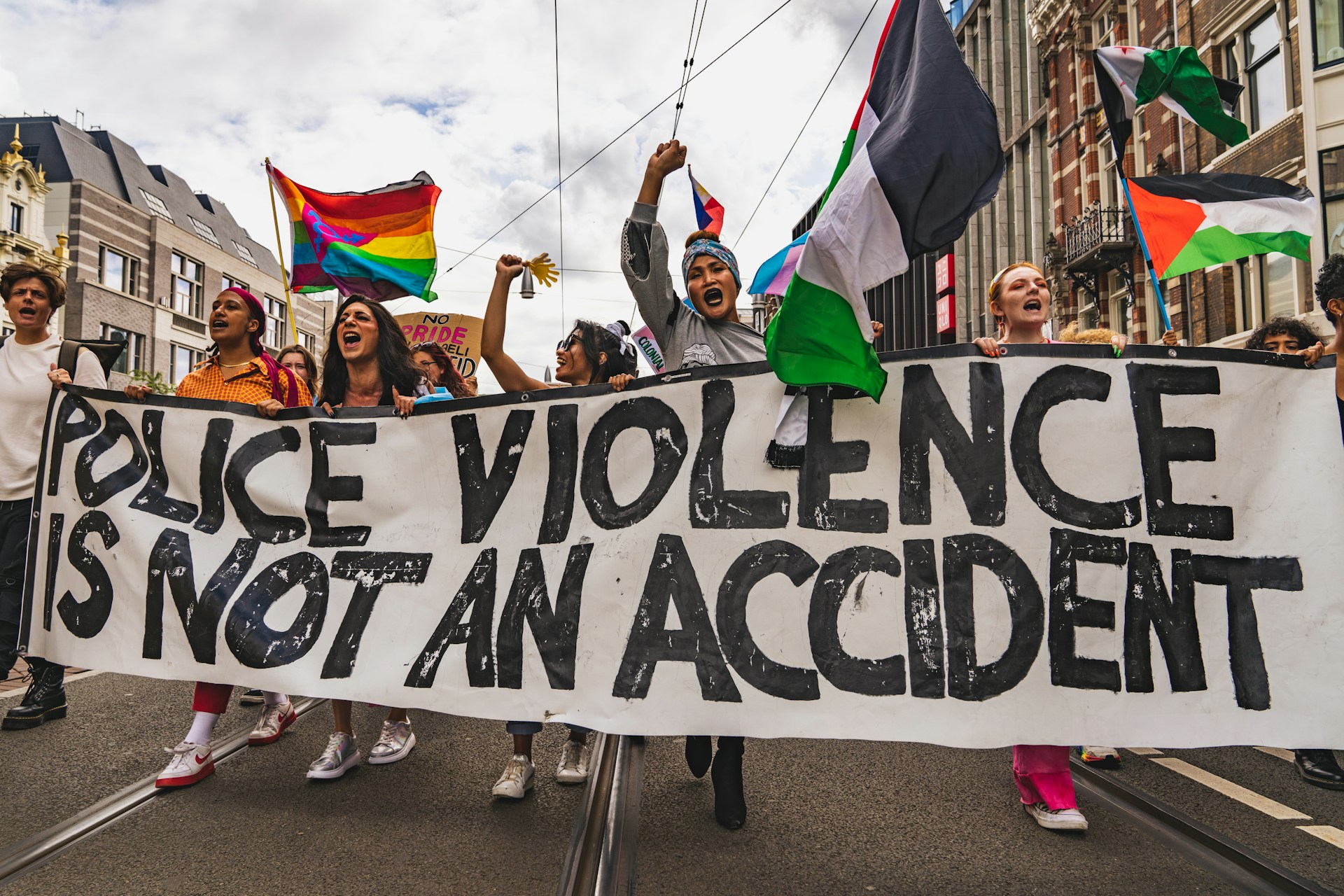We all like to have our way.
We all want to be accepted for who we are.
There are many, many times when neither of these things happen. Our experience in those moments may be unpleasant. But is the rejection of who we are and what we want oppression?
The answer depends on the particular social project in question and the means employed in the effecting of our rejection.
If a man is rebuffed when requesting membership to an all-female gym, both his request and his gender have been rejected. Most of us can recognize, however, that this is contextual and not absolute. It is not a commentary on his intrinsic value nor is it meant to be a condemnation of men. Rather, it is a decision based on the incompatibility between his nature and his desire, and the sanctity of the all-female space envisioned by the founders.
His identity as a man has been challenged, but he is not being oppressed.
Inclusivity is a Trap

We’ve written about this much more extensively here, but in short, human social interactions are innately selective and exclusive, a reality at odds with the manufactured principle of “inclusivity” currently in vogue.
In the preceding example of the all-female gym, the petitioner’s gender is filtered out by an empowered establishment with a selective vision that does not include men and they are not interested in facilitating his desire to exercise. That’s OK. That’s at the root of establishing what we call “safe spaces.” Participation in such spaces requires that all participants agree to fixed terms. The terms are fixed to allow for a certain measure of predictability for qualified participants, because predictability is a necessary precursor to our sense of security. The determination and enforcement of these terms makes the arrangement, by definition (and in keeping with most human social arrangements) exclusive.
This gym scenario can quickly become oppressive, however, if, in addition to explaining why they are not open to male membership, the proprietors then chide the petitioner’s masculinity, tie him to a rack, and beat him until he confesses that the only reason he wanted to join their gym in the first place is because he clearly recognizes female superiority. As should be obvious, the oppression here is not in the exclusionary position taken by gym leadership, but in the manner of the petitioner’s rejection which includes violence, ridicule, and a forced acknowledgement of his inferiority. Most importantly, all of these tactics were administered without his awareness that such might be the consequence of his request for inclusion.
Such heinous oppression should not be confused with the benign and often mutually beneficial social filtering that happens all day everyday.
No matter how intense our desire, for example, we are not to urinate while standing in line at the coffee shop. It’s likely the owners have arranged for a bathroom to manage that particular need, and they may exercise still further discretion on just who may use their facilities. Perhaps it is for paying customers. It could be reserved exclusively for employees. It may be that they have different facilities for men and women. They may have removed the mirror to disincentivize extended visit times.
These are all possibilities that most of us accept without hurling accusations of oppression because we recognize that, upon entering the shop, we have opted into a social contract, one in which the business owner largely dictates the terms of what behaviors are and are not acceptable within the establishment. A person who elects to urinate while standing in line will have that behavior challenged and may face legal consequences, but this is not oppression.
It is a filter meant to provide for the security and sanitation desired by the majority of people who frequent the coffee shop, and we tolerate this because we enjoy what the establishment has to offer in exchange for our tempered autonomy. Most importantly, we understand that the entire arrangement is voluntary. If we do not like the terms, if we feel that the environment is at all hostile to impulsive people with weak bladders, we may take our leave.
Another social project is the family unit.

Although there is much romantic talk about unconditional love as some kind of celebrated domestic standard, most families have limits that, if transgressed, can result in disruption and even dissolution. If a Muslim woman is married to a Muslim man who, for whatever reason, decides that he no longer wants to be Muslim, the marriage is no longer religiously valid. A line has been crossed and her subsequent petition for divorce and the designation of her as the exclusive guardian of any children they may have had together is not oppression, at least not within the Islamic paradigm.
The marriage contract is a filter that rejects his change in religious status as incompatible with the Islamic marital enterprise. It is not a discriminatory condemnation of non-Muslims, but rather an affirming of the “safe-space” terms agreed upon at the beginning of the marriage.
All of these scenarios assume the moral legitimacy of the social projects mentioned. If the coffee-shop was established with the intention of undercutting and destabilizing South American coffee growers, an argument for oppression could be reasonably made, not because of their “no-peeing in line” policy, but because of their exploitative business model.
In order, therefore, to make a case for oppression, we need to investigate the moral legitimacy of the social project in question, the basis of any exclusionary terms associated with the project, and the behaviors of establishment figures in the affirming of those terms.
Sexual Behavior and the Question of Identity

Our sexual behaviors are not generally known to the public. Across virtually all cultures and for most of our history, human sexuality was expressed in the private company of only a very few individuals over the course of a lifetime. And because it was a private matter, our sexual choices had very little to do with our public-facing selves, our social identity.
“Identity” as a construct, is a story we tell others about certain public and enduring aspects of our selves. Ethnicity, religion, class, profession, political affiliation, marital status, and lineage are all examples of identity components that are almost immediately verifiable by those with whom one’s identity narrative is shared. Private matters have not historically informed our social identity, though these parts of ourselves that we do not share, the details of our sexual inclinations as an example, may constitute a significant part of our self-concept.
But these are two different things: self-concept and social identity, with the private nature of our sexuality linked to the former.
And while human society has not, for the most part, concerned itself with the sexual proclivities of the individual, there are two domains of our personal sexuality that the collective does have a stake in. We’ll term these public decency and procreative potential.
Public decency relates to the private nature of sexual expression and the broad social insistence that we maintain this privacy exclusively between consenting parties. This is ultimately a matter of safety, both moral and physical.
Procreative potential relates to the shared responsibility within the collective of maintaining a sustainable population. This is a matter of cohesion and security. The linkages created through procreative unions bond members of the collective together. Children born of such unions ensure the collective’s enduring survival.
As we’ve mentioned before, the sexual choices of homosexuals are at odds with the procreative requirements of the modern nation state. Furthermore, because homosexuals represent a minority of persons in any given society, an indisputable social reality of gay culture is the establishment of public meeting places for the purpose of drawing out and connecting with other persons interested in a homosexual experience. These bathhouses, bars, and other locales, while ostensibly providing a safe-space for this microculture to explore their homosexuality with similarly-inclined persons, nevertheless exist in opposition to a greater social insistence on public decency. This is a direct challenge to the moral and physical safety of the majority.

Homosexual behavior is a social taboo across much of human history for these reasons. The social responses to homosexual behavior range from general discouragement to fines, imprisonment, castration, and in the most extreme cases, death.
Even so, it is our position that if we make sexual choices in contravention to the principles of public decency and procreative potential agreed upon within our particular social group, and we do so with an awareness of the potentially negative consequences meant to affirm those principles, we cannot describe the responses to our choices as oppression. The social project, that of a functioning society, and the principles underlying it are neither morally reprehensible nor even ambiguous. They are humanity’s instinctual answers to the questions of how best to ensure the safety, cohesion, security, and sustainability of the larger group.
It is our position that homosexuals do not have a credible legacy of oppression.
What they have instead is a widespread social rejection of their sexual behaviors as inconsistent with the needs and expectations of society. The enforcement of this rejection has been, at certain times and in certain places, hostile and violent. The emotional experience of this rejection coupled with the need for an organizing narrative that might support group cohesion is the actual basis for any of their claims to an oppressive legacy.
This fictional oppression becomes immediately useful in commiserating with others who have been similarly rejected for their insistence on the public acceptance of their sexual choices, choices that run afoul of public decency and the essential procreative requirements of a functional society. This shared spurning is where we begin to see the transition from a group of people who happen to enjoy certain sexual behaviors to a polity with an adopted sexual identity.
Recontextualizing their socially unhelpful sexual choices within a fallacious narrative of historical and contemporary oppression is what gives the LGBTQ+ community their political clout.
Our lack of moral authority has inclined us to put a premium on impassioned storytelling. Our guilty social conscience prevents us from thinking critically about any Alphabet Community discourse that puts their desire for acceptance on par with the Civil Rights Movement of Black America or their social rejection as being reminiscent of Native American dispossession and eradication.
And now, many within the LGBTQ+ community fancy themselves leaders of the #FreePalestine movement. But there is no place for queer leadership in this regard. They do not know oppression. They have no qualifying history and giving them a platform to link their hope for recognition to the actual life and death struggles of oppressed peoples is to dilute the very idea of what oppression actually is.
The first step in supporting the people of Palestine is to tell their story.
The LGBTQ+ agenda makes use of the Palestinian struggle to amplify their own.
These two are not the same.
Leave a comment below for posterity or join us in the D&T Chautaqua Discord to discuss this post with other adventurous spirits from around the world.

Jazakallah khair for writing this. Mashallah very well said.